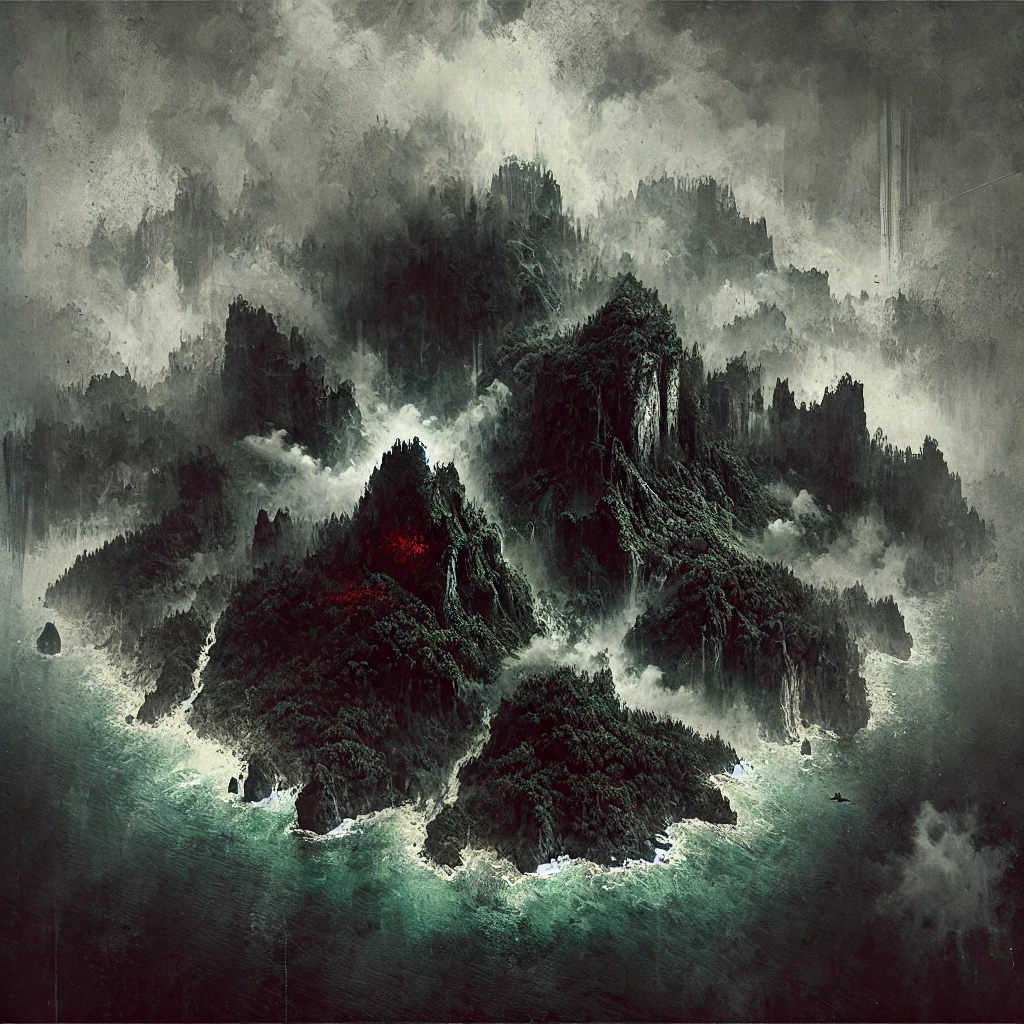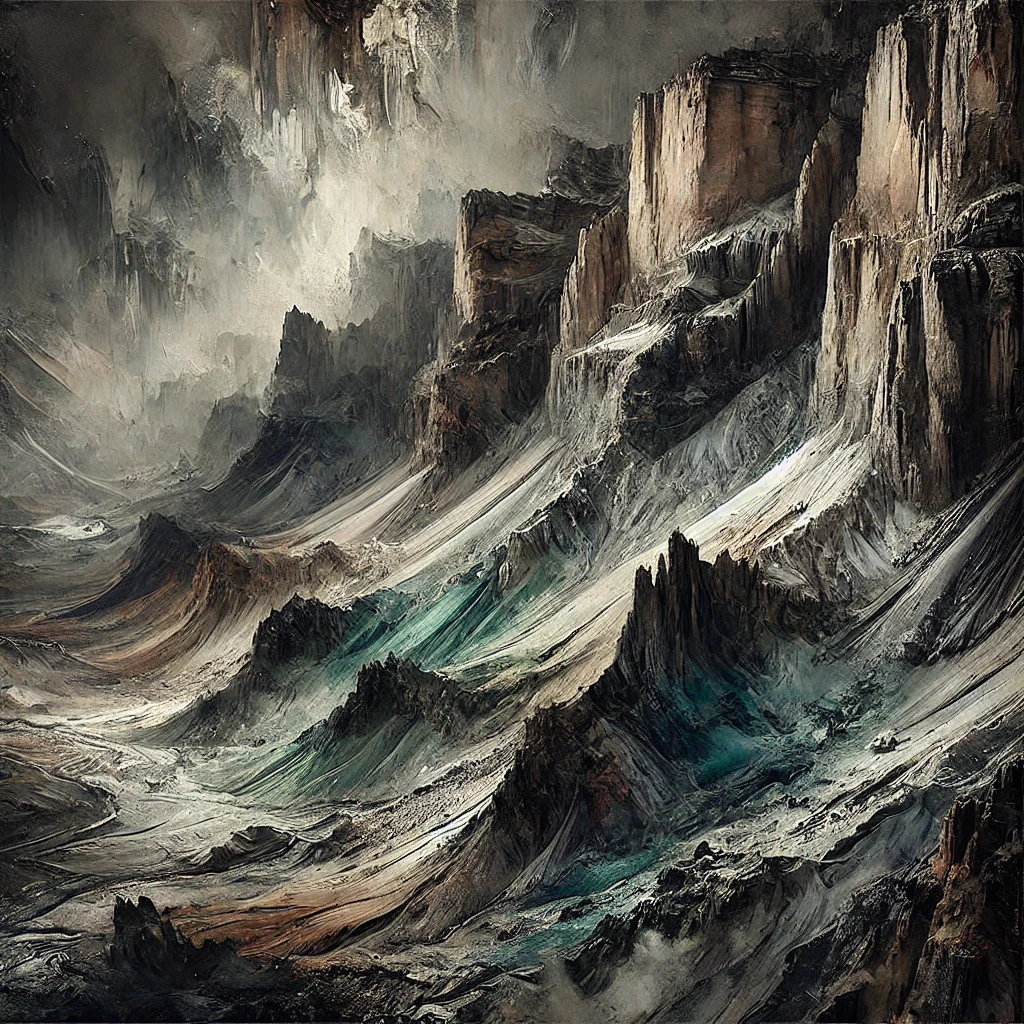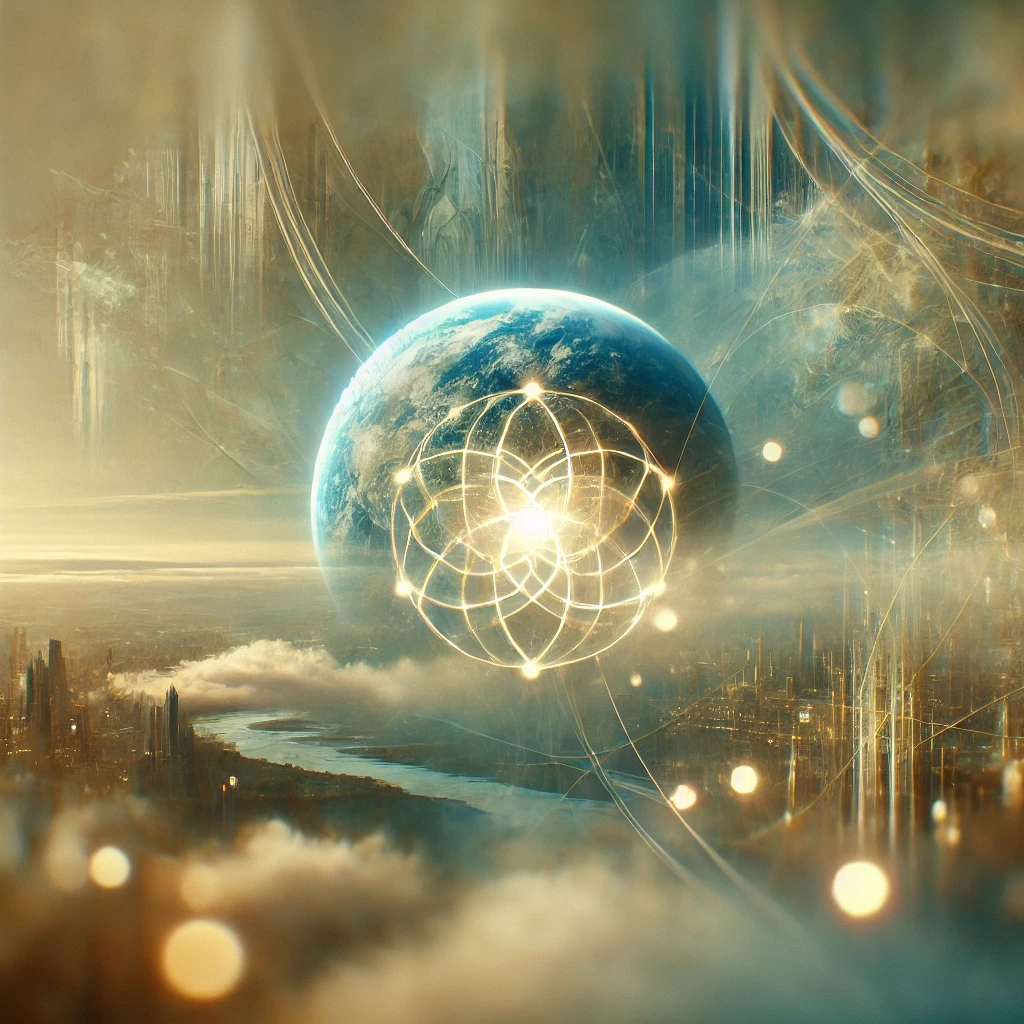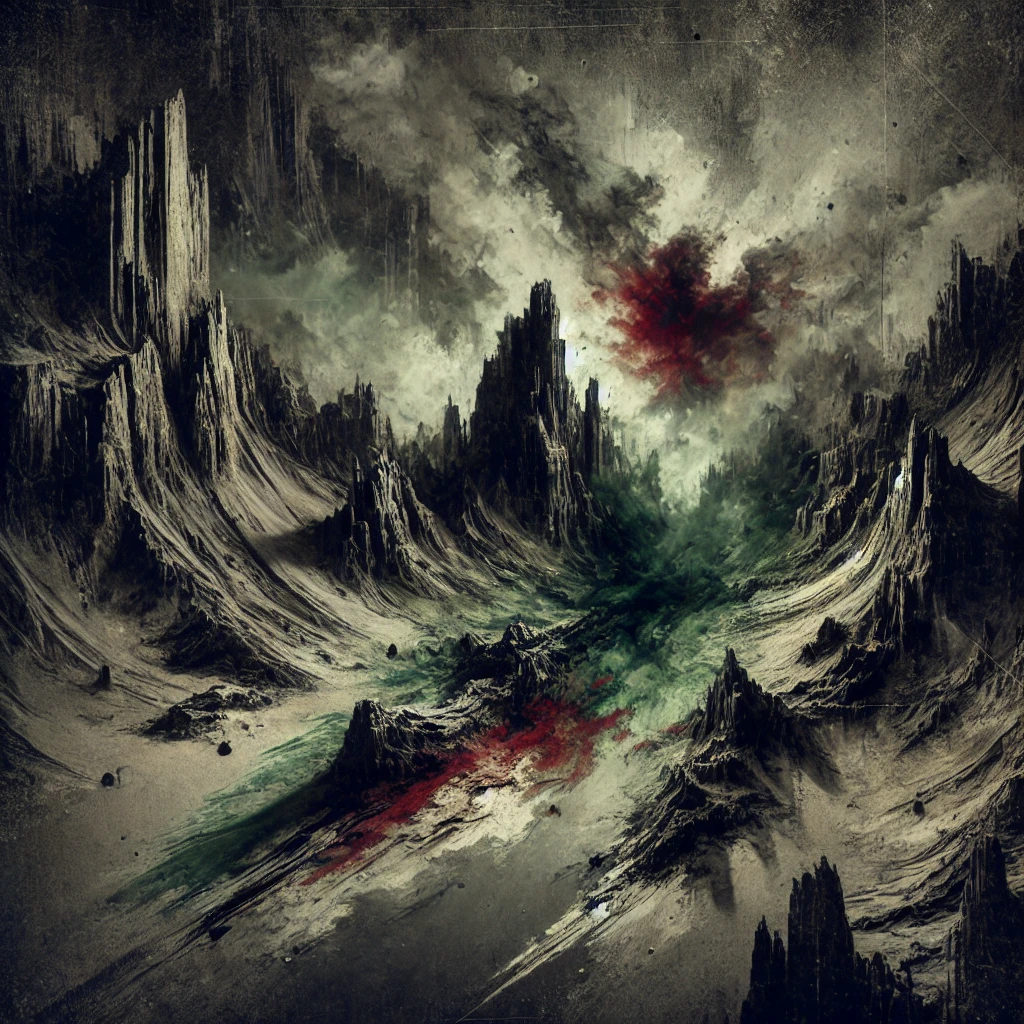Introduction to Hell's Paradise

Have you ever wondered what happens when survival, redemption, and the darkest corners of human nature collide? Hell’s Paradise, also known as Jigokuraku in Japan, is a dark fantasy anime and manga series that dives into these very themes. Created by Yuji Kaku, this series has taken the anime world by storm, quickly gaining a dedicated fanbase in Japan and steadily growing its following overseas. If you’re a fan of intense action, deep characters, and stories with high stakes, Hell's Paradise will likely pull you in from the very first episode.
At its core, Hell’s Paradise tells the story of Gabimaru, a skilled ninja condemned to death. But instead of facing his final moments, he’s given a rare chance at redemption: travel to a mysterious and deadly island in search of the Elixir of Life, a substance that can grant immortality. If he succeeds, he’ll be pardoned and allowed to live. However, the journey is anything but simple. The island is filled with dangerous creatures, rival criminals, and secrets lurking around every corner. This isn't just a survival story; it's a tale of facing one's demons, both literal and figurative.
What makes Hell's Paradise stand out? For one, the intricate blend of dark themes and fast-paced action keeps viewers on edge. The series doesn't shy away from exploring the brutal realities of life, death, and the consequences of one's actions. Characters are not simply heroes or villains; they’re complex individuals driven by their pasts, their regrets, and their desire to find redemption. This complexity is what has drawn fans from all over the world, adding a layer of depth that goes beyond just another action-packed anime.
In Japan, Hell’s Paradise has gained significant popularity, with its manga selling millions of copies and the anime adaptation being highly anticipated. Overseas, the fanbase is growing as well, with many viewers appreciating the unique story, stunning animation, and intense battle scenes. The mix of suspense, mystery, and emotional storytelling has resonated with fans, making it a standout in the crowded anime landscape.
Whether you’re in it for the gripping plot or the rich character development, Hell’s Paradise offers a thrilling experience from start to finish. It’s a dark fantasy that doesn’t hold back, delivering a perfect blend of action, psychological tension, and moral dilemmas that keep audiences coming back for more.
Plot Overview of Hell’s Paradise

So, let’s dive into the story of Hell’s Paradise and its central figure, Gabimaru the Hollow. Gabimaru isn’t your typical protagonist—he’s a skilled assassin with a reputation for being heartless, hence the nickname “Hollow.” But there’s more to him than meets the eye. Sentenced to death, Gabimaru has lost the will to live—or so it seems. His one driving force? The desire to reunite with his wife, the one person who managed to touch his heart and make him reconsider his life as a killer. But instead of facing execution, Gabimaru is given an opportunity for redemption: find the legendary Elixir of Life on a mysterious island, and he’ll be pardoned.
Sounds like a dream come true, right? Well, not quite. This isn’t just any island. It’s a nightmarish land filled with deadly creatures that defy logic, monstrous plants, and rival criminals who are also seeking the Elixir for their own reasons. Gabimaru is joined by Sagiri, a skilled executioner tasked with monitoring him and ensuring he doesn’t stray from his mission. Together, they form an unlikely partnership as they navigate the perils of the island, but trust is hard to come by in a place where survival means everything.
The journey to find the Elixir isn’t just about fighting off the horrors of the island; it’s about battling other warriors who, like Gabimaru, are desperate to claim the ultimate prize. The island becomes a battlefield where alliances shift, betrayals are common, and everyone is fighting for their lives. The rival criminals aren’t mere thugs either—they are some of the most dangerous individuals in the world, each with their own unique abilities and motivations, making every encounter a high-stakes game of life and death.
One of the most striking elements of Hell’s Paradise is the constant tension between the characters and the environment. The island itself seems to be alive, filled with dangers that challenge Gabimaru and Sagiri at every turn. The creatures they face are terrifying, the plants seem almost sentient, and the mysteries of the island only deepen as they venture further. It’s a place that tests not just physical strength but also the will to survive and the lengths one is willing to go to achieve their goals.
In essence, Hell’s Paradise is a gripping tale of survival, where Gabimaru the Hollow must confront not only the dangers of the island but also his inner demons. Will he find the Elixir of Life and earn his freedom, or will the island claim him like so many others before? That’s the question that keeps viewers hooked, episode after episode.
Main Characters and Their Motivations in Hell’s Paradise

Let’s take a closer look at the key players in Hell’s Paradise and what really drives them. First up is Gabimaru the Hollow. As a skilled assassin, Gabimaru has been shaped by a life of violence, trained to feel nothing and kill without hesitation. His nickname, “Hollow,” reflects this cold and emotionless persona. But beneath that exterior, he’s hiding something—his deep love for his wife. This is the very motivation that sets him on the path to redemption. Gabimaru’s desire to reunite with his wife is what keeps him alive, even when facing death at every turn. Throughout the story, we see how his motivations evolve, moving from a cold-hearted killer to someone who begins to question the value of life and the weight of his actions.
Then there’s Sagiri, a skilled executioner from the Yamada Asaemon clan. Sagiri has her own internal battle to fight. As a woman in a role typically reserved for men, she faces constant pressure to prove her worth. But it’s not just about proving her strength; Sagiri is also haunted by the moral weight of her job—taking lives in the name of justice. Throughout Hell’s Paradise, we see her struggle with the idea of death, her role in executing criminals, and how that reflects her own sense of morality. Her relationship with Gabimaru is central to the story, as she begins to see him as more than just a criminal to be judged. Sagiri’s growth as a character is marked by her growing compassion and the realization that justice isn’t always black and white.
Another key figure is Chōbei Aza, a brutal criminal with a dark and violent past. Unlike Gabimaru, who seeks redemption, Chōbei revels in chaos and destruction. His motivations are driven purely by survival and the thrill of violence, making him a dangerous adversary. His unpredictable nature and ruthlessness make him a wild card in the story, constantly challenging other characters’ motivations and morality. While Chōbei may seem like a straightforward villain, his backstory reveals layers of complexity that make him more than just a one-dimensional antagonist.
Yuzuriha is another intriguing character, a kunoichi (female ninja) who operates with a mix of charm and manipulation. While she appears carefree and playful, Yuzuriha is highly skilled and dangerous. Her motivations are less about honor or redemption and more about self-preservation. She uses her wits to survive in the brutal environment of the island, often playing both sides to her advantage. Yuzuriha’s personality adds a lighter tone to the otherwise dark narrative, but her cunning nature keeps everyone on edge, never quite knowing whose side she’s truly on.
Each of these characters brings a different perspective to the story, and their motivations shape the narrative in unexpected ways. Gabimaru’s journey from assassin to someone seeking redemption, Sagiri’s moral dilemmas, and Chōbei’s violent path all intertwine to create a story that’s more than just about survival—it’s about what drives people, how they change, and what they’re willing to do for their beliefs. These rich, evolving characters are what make Hell’s Paradise not only an action-packed adventure but also a deeply emotional and philosophical journey.
Themes of Survival, Redemption, and Morality in Hell’s Paradise

At its core, Hell's Paradise isn’t just about action and adventure—it dives deep into the darker side of human existence, exploring themes like survival, redemption, and morality in a world where death is a constant threat. The series thrusts its characters into extreme conditions, pushing them to their limits and forcing them to confront their inner demons. Survival on the mysterious island isn't just a matter of physical strength; it’s also about mental endurance and the lengths to which one is willing to go to stay alive.
Survival is perhaps the most dominant theme throughout Hell's Paradise. The island itself is a living nightmare, filled with grotesque creatures, deadly plants, and rival criminals all vying for the Elixir of Life. But it’s not just about surviving these external threats. Each character is also battling their own internal struggles. Gabimaru, for example, is fighting not just for his life but for his soul, constantly questioning whether he’s worthy of redemption after all the lives he’s taken. His physical survival is intertwined with his emotional and moral survival, making every battle not just a fight for the Elixir but for his chance at a new life.
Redemption is another powerful theme that drives the narrative. Gabimaru’s quest is motivated by his desire to reunite with his wife, but it’s more than just that. He’s seeking to cleanse himself of his past sins and find some sense of peace. Many of the other characters are also seeking redemption in their own ways, whether it’s Sagiri grappling with the morality of her role as an executioner or the other criminals trying to escape the darkness of their pasts. This quest for redemption adds a layer of depth to the characters, showing that even in the face of death, there’s a glimmer of hope for change.
But perhaps the most thought-provoking theme in Hell's Paradise is the constant moral dilemmas the characters face. Is redemption even possible for someone like Gabimaru, who has taken countless lives? Can Sagiri truly be justified in executing others, even if it's in the name of justice? The series doesn’t provide easy answers, instead presenting a world where morality is often blurred, and every character must navigate their own path through it. The choices they make, the lives they take, and the betrayals they endure all come with heavy consequences, and the series doesn’t shy away from exploring those consequences.
What’s remarkable about Hell’s Paradise is how it balances these heavy philosophical themes with intense action sequences. On the surface, it’s a thrilling ride filled with battles and survival tactics. But beneath the action, there’s a constant exploration of what it means to be human, to seek forgiveness, and to find one's place in a morally complex world. The series doesn’t just ask its characters to survive—it asks them to confront who they are and who they want to be.
In the end, Hell’s Paradise offers a unique blend of intense survival action and deep philosophical questions about life, death, and morality. It’s this combination that keeps viewers hooked, constantly questioning what they would do in the characters' shoes. Would you fight to the bitter end, or would you seek redemption, no matter the cost?
Global Reception and Cultural Impact of Hell’s Paradise

Hell’s Paradise has quickly captured the attention of anime and manga fans worldwide, becoming a standout in the dark fantasy genre. Since its release, the series has garnered critical acclaim for its intense storylines, complex characters, and its seamless blend of action and deep philosophical themes. In Japan, both the manga and anime have seen significant success, but the reach of Hell’s Paradise extends far beyond, attracting an international audience hungry for something fresh and thought-provoking.
Fans across the globe have been drawn to Hell’s Paradise for its gripping narrative and unique setting. The series has sparked countless discussions on forums and social media, with many praising its ability to balance brutal action with emotional depth. Gabimaru’s journey, in particular, has resonated with fans who appreciate the character’s internal struggles as much as his external battles. The tension between life, death, and the quest for redemption strikes a universal chord, making the series relatable to audiences from different cultures and backgrounds.
What’s really fascinating is how Hell’s Paradise has found its place in the broader anime and manga community. Critics have praised its innovative storytelling, often comparing it to other iconic dark fantasy series like Attack on Titan or Berserk. While the series offers its own unique spin, combining supernatural elements with historical influences, it stands on its own as a fresh and powerful addition to the genre. The intricate artwork, detailed fight scenes, and compelling character arcs have all been highlighted as standout features, further solidifying its place among anime’s top titles.
As the series has grown in popularity, its fanbase has become more vocal, with many calling for even more adaptations, merchandise, and additional content. The international audience, in particular, has embraced Hell’s Paradise—many streaming platforms have reported high viewership numbers for the anime, especially in Western markets. Fans have also shown their love through fan art, cosplay, and in-depth discussions about the series’ deeper themes, proving that it’s more than just a visually stunning show—it’s a story that encourages meaningful engagement.
In terms of recognition, Hell’s Paradise has not gone unnoticed by the industry. While still relatively new compared to some long-established series, it has already received notable mentions and accolades for its storytelling and animation quality. The manga has also seen strong sales figures, and the anime adaptation has been lauded for its faithful representation of the source material. Although it hasn’t yet swept major awards, its impact on fans and its rapid rise in popularity suggest that it’s only a matter of time before Hell’s Paradise takes home even more industry honors.
Overall, Hell’s Paradise has made a significant mark on both the anime and manga landscapes, bringing fresh energy to the dark fantasy genre. Its global reception is a testament to the universality of its themes, and the cultural impact it has had—spanning discussions of life, death, and redemption—continues to grow. It’s safe to say that Hell’s Paradise is here to stay, captivating audiences worldwide with its brutal beauty and moral complexity.